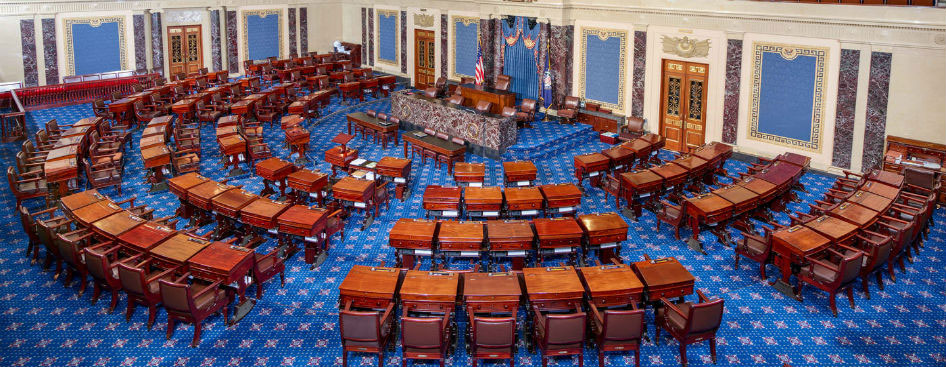Politics
Republicans Seize Senate Control with Key Wins, Shifting Political Power Dynamics

Clear Facts
- The Republicans have gained control of the Senate with a pickup of at least three seats, securing wins in West Virginia, Ohio, and Montana.
- Key Senate races in Nevada, Michigan, Arizona, and Pennsylvania remain undecided, with GOP candidates leading in Nevada and Pennsylvania.
- The GOP’s increased presence in the Senate may reduce the influence of moderate Republican senators, impacting the confirmation process for Trump’s nominees.
The Republican Party has successfully taken control of the Senate, marking a significant shift in the political landscape. This change was solidified late Tuesday night with the GOP securing seats in West Virginia and Ohio, followed by an additional win in Montana announced on Wednesday.
While these victories are notable, the final outcome of several Senate races remains uncertain. Contests in Nevada, Michigan, Arizona, and Pennsylvania are still too close to call. In Nevada, GOP candidate Sam Brown is narrowly ahead of incumbent Senator Jacky Rosen by a mere 0.1%. Meanwhile, in Pennsylvania, Republican Dave McCormick is leading Democratic incumbent Senator Bob Casey by 0.7%.
Despite the GOP’s gains, Democrats are expected to maintain control in Michigan and Arizona, where Republican candidates are trailing in tightly contested races. The Democrats have also secured a win in Wisconsin.
The bolstered Republican presence in the Senate raises questions about the role of moderate GOP senators such as Susan Collins of Maine and Lisa Murkowski of Alaska. The influence of these moderates may be diminished with the GOP reaching a “52-seat benchmark,” as their dissent alone would no longer be sufficient to block the advancement of President Trump’s nominees.
Owen Tedford, an analyst at Beacon Policy Advisors, highlighted this shift, stating, “Having at least the 52-seat benchmark will diminish their influence, as their objections alone will not be enough to block the confirmations of Trump’s nominees from advancing.”
The Senate plays a crucial role in confirming presidential appointees, including Supreme Court justices, ambassadors, and public ministers. This process requires Senate approval, as seen in 2019 when Supreme Court Justice Brett Kavanaugh was confirmed with Senator Collins casting the decisive vote.
The Senate also holds the power to override a presidential veto, propose constitutional amendments, or convict an impeached official, all of which require a two-thirds majority. Should the GOP secure additional seats in Nevada or Pennsylvania, President Trump would have a more robust majority, potentially safeguarding him against impeachment attempts similar to those faced during his first term.
Let us know what you think, please share your thoughts in the comments below.

Douglas Mosier
November 7, 2024 at 9:57 am
OK. How is it that Michigan and Pennsylvania are still undecided for a senate position but decided for the White House? Aren’t those on the same ballots?